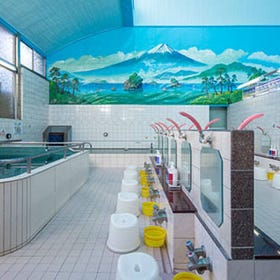
Wondering if it's okay to travel with tattoos in Japan? Get the facts and tips you need to make the most of your trip without any misunderstandings.
“I want to go to Japan, but is it okay visiting Japan with tattoos? Can I go to hot springs? Are tattoos illegal in Japan? What about showing my tattoos in public?”
Everyone with a tattoo who has thought about visiting Japan has probably asked themselves these questions, wondering what Japan’s current stance on tattoos really is.
Join as we delve behind the inky world of tattoos in Japan!
Just How Do Japanese Perceive Tattoos?
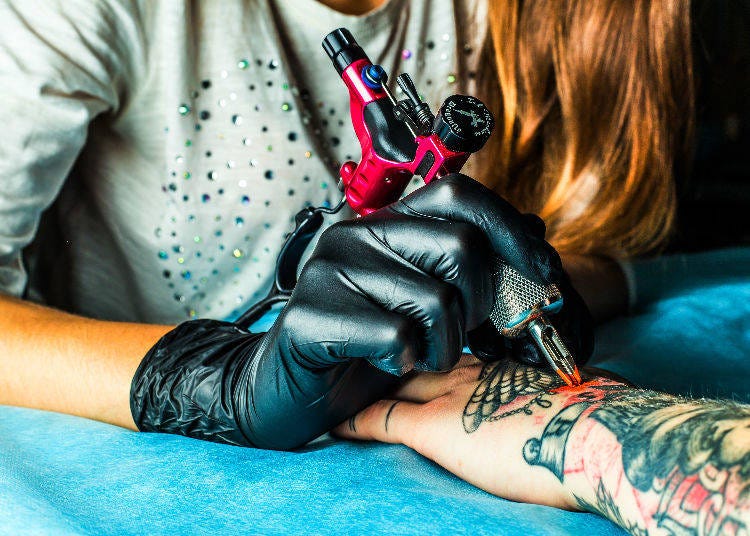
In the past, tattoos in Japan were used to mark someone who committed a crime, and remnants of this culture still exist in various parts of Japan. This is the base for the rather widespread belief that "tattoos are a bit of a no-go in Japan."
Nonetheless, Japan has gradually become much more open in recent years concerning the topic of tattoos, compared to the past few decades. Younger people especially display much fewer prejudices or disdain towards tattoos, and increasing numbers of younger Japanese casually get a tattoo as a fashion statement or lifestyle choice—a rather global trend. An increase in international tourists coming to Japan may also influence this change of thinking.
Still, the old perception of "tattoo equals bad" is not entirely gone just yet. In fact, quite many facilities bar tattooed people from entering even today, most notable hot springs, public baths, and swimming pools. International tourists, who are not fully aware of this, run into that issue, thinking, "I came all the way to Japan, but now I cannot experience hot springs just because I have a tattoo?"
The number of international tourists is increasing each year with staggering speed, also fueled by the 2019's Rugby World Cup and the Olympic Games in Tokyo. And even after that, the number of visitors is only going to increase, so Japan will probably have to become a more diverse country as well. Asking itself this very question, the Japan Tourism Agency conducted a survey, asking tattooed people about their experience with bathing facilities across Japan. Based on the results, efforts are made to encourage these facilities to improve circumstances.
In the following, we will not only take a closer look at the survey results of the Japan Tourism Agency, but also at the current efforts within Japanese society, and hear from a female ex-pat with tattoos about her experiences in Japan.
The Survey Results: 56% of All Bathing Facilities in Japan Ban Tattoos?
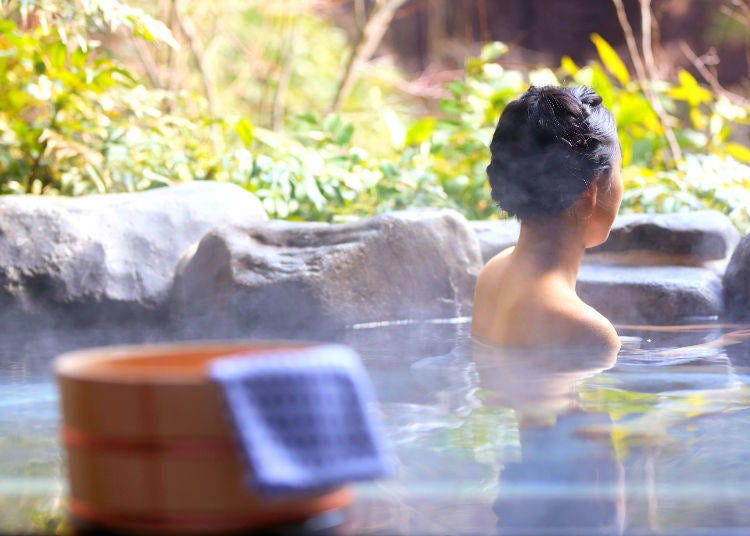
With the number of international tourists rising every year, there are increasing instances of conflict between tattooed visitors and bathing facilities. To prevent such conflicts in the future, the Japan Tourism Agency surveyed how Japanese bathing facilities respond to international tourists with tattoos in 2015. This survey was sent to about 3,800 spots across Japan, including hotels and traditional hostels, and about 600 replied.
The summary of the study is as follows:
Question 1. How do you handle people with tattoos?
・We refuse entry. (~56%)
・We allow tattoos unconditionally. (~31%)
・We allow tattoos if they are concealed, such as with an adhesive patch. (~13%)
Question 2. Why do you refuse guests with tattoos?
・We judge independently in regard to hygiene and public morals. (~59%)
・It is based on the rules of the industry and local businesses. (~13%)
・Because of requests/recommendations by the police and municipality. (~9%)
The number of bathing facilities refusing tattooed people outright is surprising. A significant 59% cited independent judgments regarding hygiene and public morals as their rationale for the ban. This stance undoubtedly connects to the old perception of "tattoo equals bad," highlighting that this mindset persists in modern Japan.
Historically, there was a custom of tattooing criminals. This practice is likely a direct contributor to the association of tattoos with immorality. Another contributing factor is that members of criminal organizations once used tattoos to display their allegiance.
This led to the prevailing mindset of "tattoo = bad/evil", prompting many bathing facilities to deny entry to tattooed individuals in the interest of their other patrons' safety. This historical context also sheds light on the other responses to Question 2, especially the reasoning behind industry rules (~13%) and the recommendations from the police and local government (~9%).
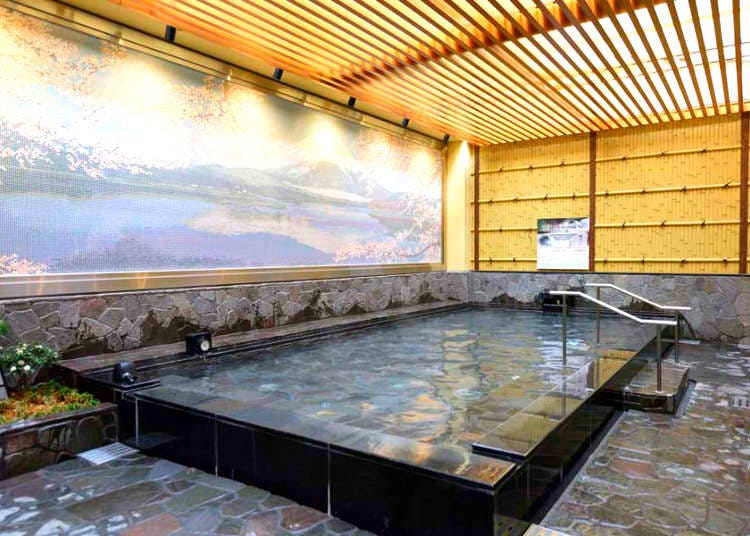
From the responses to Question 1, it's evident that over half of the bathing facilities in Japan prohibit individuals with tattoos from entering. This not only deprives many international visitors of the unique experience of Japan’s bathing culture but is also a missed opportunity for the nation, especially as Japan shifts its focus towards inbound tourism.
Recognizing this, the Japan Tourism Agency has compiled guidelines and countermeasures specifically for international tourists with tattoos visiting bathing facilities, strongly recommending that establishments adopt these measures.
The Japan Tourism Agency recommends the following considerations:
Things to Keep in Mind
・Understand that tattoos can symbolize various meanings, including religious, cultural, fashionable, among others.
・It's essential to develop a deeper understanding of your guests and their backgrounds.
・Having a tattoo does not impact hygiene or sanitation.
Case Study on Bathing
(1) Seeking Common Ground
・Allow guests to cover their tattoos with adhesive patches or sanitary bathing suits, ensuring other guests cannot see them.
・If the tattoo is small, like the size of one's palm, there's no need for special measures unless it intimidates other guests.
(2) Encourage Special Time Zones
・Suggest that tattooed guests visit during off-peak hours when fewer families are present.
(3) Introducing Reserved Baths
・If multiple baths are available, dedicate one specifically for guests with tattoos.
・Promote the use of private baths for tattooed individuals.
・For accommodations, suggest that tattooed guests opt for rooms equipped with private baths.
The Tattoo Issue—People Don't Mind, but Bathing Facilities Do?

But what does the reality look like: what kind of experiences do tattooed people have in Japan?
We approached a female expat with tattoos to discuss her experiences with bathing facilities, the reactions of everyday Japanese people to her tattoos, her perspective on the current tattoo climate, and any precautions she takes due to her tattoos.
As the Japanese author of this article, I also have a tattoo. However, I haven't encountered many of the situations she describes. Our conversation provides valuable insight into the real-world experiences of those with tattoos in Japan.
―How do you feel when displaying your tattoo in public here? Do you sense people staring at you or something of that sort? Some inked individuals might believe that even showcasing their tattoos in public in Japan is already a taboo – though I personally don't believe that's universally true. Could you offer guidance to our readers about what they should be aware of and whether they need to take any preparations, like using bandages to cover their tattoos?
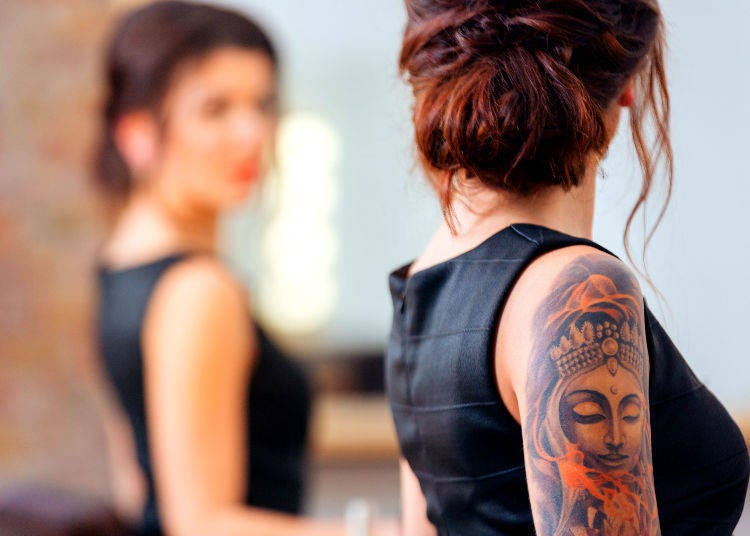
"I don't think twice about showing my ink, most of the time I am not even aware that it is there. I feel like people do look at them more in Japan than back home, but they don't look in a negative way here. In my experience, Japanese people seem very curious about my tattoos, and that is not a bad thing.
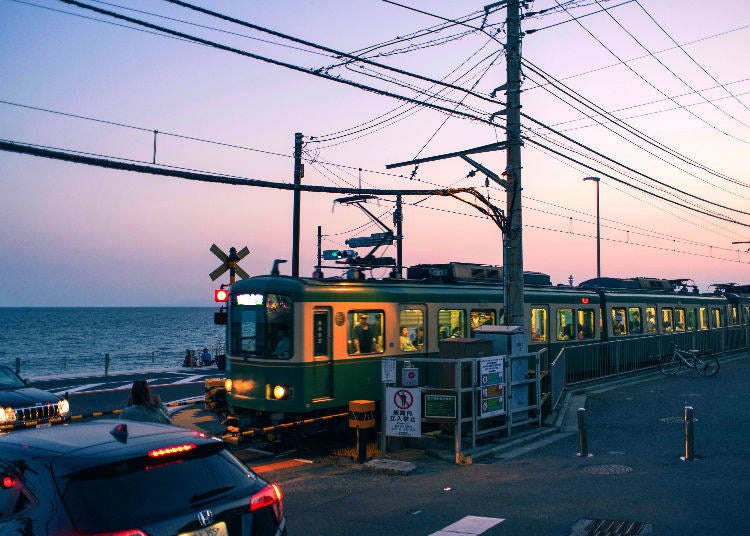
"However, inked tourists need to be aware that some places forbid you from showing tattoos, not just onsen. My very first encounter with that was at an amusement park in Tokyo, where I ended up having to wear a wool shirt in August to cover my arm tattoo. That was not fun.
"Beaches, too. You're supposed to cover your ink at a lot of beaches near Tokyo, for example, in Kamakura*. I have to admit that I simply ignore that if the beach is not private (because what are they going to do, kick me off a public beach?), but I suppose that is not something we should recommend... Instead, I would advise people always to wear long pants or a long-sleeved shirt if they really want to be on the safe side."
(*One of the most popular day trip destinations from Tokyo which has some serene beaches)
――Have you ever experienced any troubles in Japan because of having tattoos on your body?
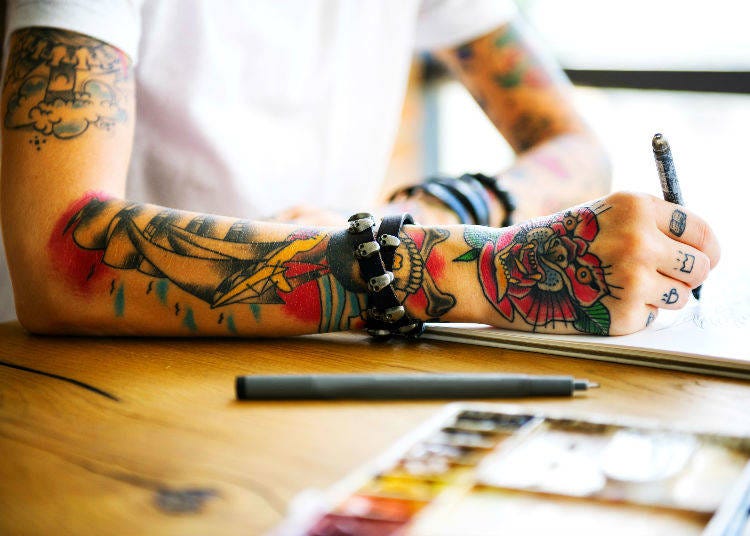
"Besides what I mentioned above, literally every person who I talked to about my tattoos had a positive reaction. I especially remember my very first time going to an onsen (we had to book a private hotel because of our tattoos), and we shared the bath with three obaasan (older Japanese). They were super lovely and specifically complimented my friend and me on our tattoos, themselves saying that they don't quite understand why tattoos such as ours (obviously not gang-related) are forbidden at so many places.
"And because everyone reacts so positively to them, it makes it even more frustrating that this tattoo ban is still a thing. From my personal experience, I honestly feel like nobody cares if someone is inked or not."
――Many travelers to Japan with tattoos hope to experience the country's hot springs or take a dip in a swimming pool. However, many such establishments traditionally restrict entry to individuals with tattoos, a practice rooted in the past association of tattoos with criminality.
What advice would you offer to such visitors? From my personal experience, I've visited numerous hot springs with tattoos visible on my arms and faced no issues. I often wonder: is my smooth experience due to my Japanese identity, or is it indicative of a general shift in attitude towards tattoos?
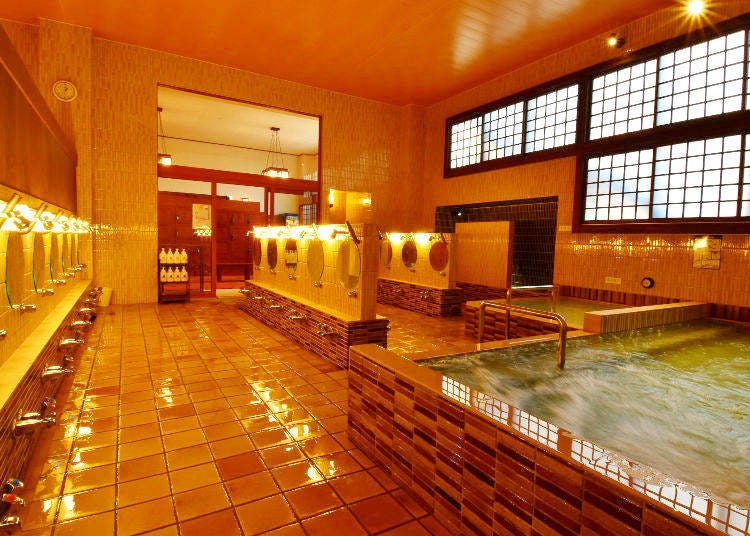
"While I briefly touched upon the topic earlier, I hadn't delved into specifics regarding onsen. For onsen and sento, those with small tattoos can typically cover them using skin-colored patches. However, not all places are accommodating; I've been to some that have strict rules against even covered tattoos. At times, I was asked to leave public baths due to my tattoos.
"The acceptance of tattoos varies by establishment. Sometimes you'll find places where, even if tattoos are technically prohibited, no one really minds. Conversely, you might stumble upon a place where the staff are adamantly against them.
"For peace of mind, I believe the best option is to stay overnight at an onsen resort. I often recommend Hakone to my friends. Not only are there affordable options available, but guests also get to savor the authentic traditional ryokan experience. Being able to relax without the constant anxiety of potentially being evicted makes the whole experience more enjoyable."
――Many people are admitted to tattoos lately, especially a lot of young folks' have a deepened understanding, but what do you expect for Japanese people/society in the future?
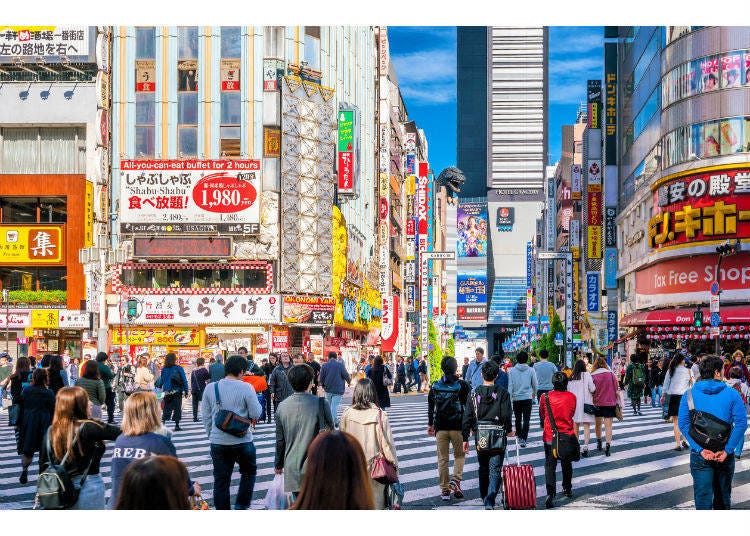
"I'm familiar with many Japanese Millennials who sport tattoos, and I genuinely have a lot of confidence in this generation. In my observation, the majority of society, including the elderly, no longer equate tattoos with criminality, as evidenced by some of the older folks I've interacted with.
"There's no doubt in my mind that societal perceptions will evolve with time. This isn't limited to just the topic of tattoos. Broader issues like LGBT rights, globalization, and the like are also undergoing shifts in perspective.
"The internet era has ushered in a more open-minded generation, and this isn't exclusive to Japan. Across the globe, Millennials and subsequent generations are typically more progressive, right? My prediction is that in the next 20 to 30 years, tattoos in Japan will be viewed as a matter of personal preference rather than the societal taboo they are considered today. At least, that's my sincere hope."
Final Thoughts: So are tattoos illegal in Japan?
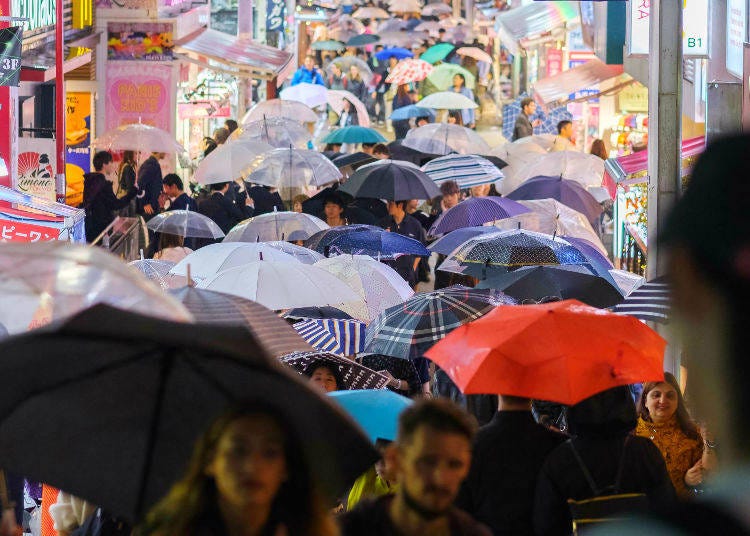
So, are tattoos illegal in Japan? The answer is a clear no.
However, it's essential to note that Japanese society hasn't fully embraced tattoos yet. But after big international events like the Rugby World Cup and the Olympic Games, the influx of international visitors is likely to continue slowly nudging the nation towards a more accepting stance. The government, along with various sectors, is making significant progress regarding inbound tourism, which will inevitably affect societal views.
The Japan Tourism Organization's advice and recommendations for bathing facilities are promising steps forward. They will hopefully contribute to gradually shifting perceptions within Japanese society.
Culture, of course, should be preserved as "culture." Japan is renowned for its vibrant traditions that continue to thrive. It's vital for the country to assimilate new cultural elements while ensuring the longevity of established traditions. This dynamic interplay between old and new, in my opinion, is a significant facet of what makes Japanese culture genuinely exceptional.
However, it's also worth noting that traditions can evolve. Japan's history is replete with instances of traditions transforming and adapting. Remember, there was a time when Japan didn't allow foreigners to set foot on its shores. Given that background, why does the outdated notion persist that tattoos symbolize something malevolent? If you question a local about it, they might not even have a clear answer.
For those planning a trip to Japan, there's a crucial point I'd like to emphasize: during your visit, it's quite rare for anyone to be directly uncomfortable or confrontational about your tattoos. Furthermore, the number of bathing facilities that are tattoo-friendly is on the rise each year.
However, despite this progressive shift, travelers should be aware that some individuals might still harbor subconscious beliefs rooted in old Japanese traditions, equating tattoos with negative connotations. Being mindful of this cultural background can help in navigating such situations more empathetically.
I sincerely hope that your experience in Japan is nothing short of wonderful.
Written by: Keisuke Tsunekawa
Related Articles on Tattoos in Japan
*Prices and options mentioned are subject to change.
*Unless stated otherwise, all prices include tax.
Popular Tours & Activitiess
Recommended places for you
-

Jukuseiniku-to Namamottsuarera Nikubaru Italian Nikutaria Sannomiya
Izakaya
Kobe, Sannomiya, Kitano
-

Kambei Sannomiyahonten
Yakiniku
Kobe, Sannomiya, Kitano
-
Goods

Yoshida Gennojo-Roho Kyoto Buddhist Altars
Gift Shops
Nijo Castle, Kyoto Imperial Palace
-

ISHIDAYA Hanare
Yakiniku
Kobe, Sannomiya, Kitano
-
Appealing

Rukku and Uohei
Izakaya
Sapporo / Chitose
-

Kanzenkoshitsuyakinikutabehodai Gyugyu Paradise Sannomiya
Yakiniku
Kobe, Sannomiya, Kitano
-
Ad

5 Recommended Wagyu Yakiniku Restaurants in Tokyo: Signature Dishes, Premium Beef, and Secret Sauces
-

Farewell, Heavy Suitcases! Keisei Ueno’s New Service Makes Your Last Day in Tokyo Totally Hands-Free
by: Guest Contributor
-
Ad

What Makes Japanese Yakiniku So Darn Good? Guide to Cuts, Heat, and Wagyu Know-How
-
Ad

The Latest Guide to "Tourism Mobility": Traveling Japan More Freely. What exactly are Japan’s version of ride-sharing and transit deserts?
-
Ad

The Whisper of a 1,300-Year-Old History: Meet the Other Face of Nara at Night
by: Shingo Teraoka
-
Ad

Japan’s Land of Yokai Monsters and Spooky Stories! A Deep Journey to Mysterious San’in (Tottori & Shimane) for Seasoned Travelers
-

Naramachi Area: A Day of Food and Shopping while Touring the Charming Streets of Nara
by: WESTPLAN
-

This Hole in The Wall Looks Like Nothing - But is Actually a Secret Door to an Incredible Japanese Pub
-

Spending Wonderful Time Alone in Shibuya - Free Cosmetics and a Hundred-Yen Bus!
-

Oirase Gorge is the Unforgettable Day Hike in Japan’s North (Guide, Access, Sightseeing Tips)
-

Ikebukuro Station Area Guide: Top 15 Spots When You Escape the Station's Maze!
-

Niseko Onsen: 10 Best Hot Springs in Japan's Wild North With Jaw-Dropping Views
by: Guest Contributor
- #best sushi japan
- #what to do in odaiba
- #what to bring to japan
- #new years in tokyo
- #best ramen japan
- #what to buy in ameyoko
- #japanese nail trends
- #things to do japan
- #onsen tattoo friendly tokyo
- #daiso
- #best coffee japan
- #best japanese soft drinks
- #best yakiniku japan
- #japanese fashion culture
- #japanese convenience store snacks













